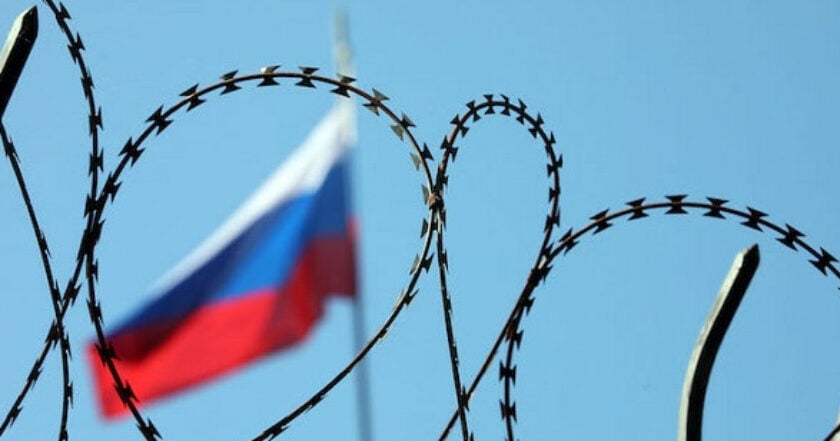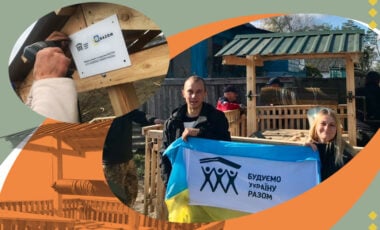EU сontinues sanctions on Russia for additional six months

Photo: From open sources
The Council of the EU extended the restrictive measures of the European Union in connection with the actions of the Russian Federation in Ukraine for another six months, until January 31, 2025.
The EU Council reported that on its website.
"These sanctions, first introduced in 2014, have been significantly expanded since February 2022 in response to Russia's unprovoked, unjustified, and illegal military aggression against Ukraine," the message reads.
They currently consist of a wide range of sectoral measures, including restrictions on:
- trade,
- finances,
- dual-purpose technologies and goods,
- industry,
- transport,
- luxury items.
They also cover:
- a ban on the import or transfer of marine crude oil and certain petroleum products from Russia to the EU,
- disconnection from SWIFT of several Russian banks,
- suspension of language activities and licenses in the European Union of several Kremlin-backed disinformation agencies.
In addition, specific measures allow the EU to counter the circumvention of sanctions.
"As long as the illegal actions of the Russian Federation continue to violate the prohibition of the use of force, which is a serious violation of obligations under international law, it is advisable to keep in force all the measures introduced by the EU and take additional measures if necessary," the EU Council noted.
For reference:
Since March 2014, the EU has been gradually introducing restrictive measures (sanctions) against Russia, initially in response to the illegal annexation of Crimea and Sevastopol and the deliberate destabilization of Ukraine.
In addition, on February 23, 2022, the EU expanded sanctions in response to the recognition of non-government-controlled territories of the Donetsk and Luhansk "regions" of Ukraine and the deployment of Russian armed forces in these areas.
After February 24, 2022, in response to Russia's military aggression against Ukraine, the EU significantly expanded sanctions, adding a significant number of individuals and entities to the sanctions list. It took unprecedented steps to weaken Russia's economic base, deprive it of critical technologies and markets, and severely limit its ability to wage war.
Since the beginning of the full-scale invasion, the EU has already introduced 14 packages of sanctions against the Russian Federation.
On June 24, the Council of the European Union approved the 14th package of sanctions against Russia in response to Russian aggression against Ukraine. The sanctions concern, in particular, the spheres of energy, finance, and trade. These restrictions should make it difficult to circumvent the previously introduced EU sanctions.
In addition, 116 individuals and legal entities responsible for actions that undermine or threaten Ukraine's territorial integrity, sovereignty, and independence were added to the sanctions list.




















































